Insolvency: Claims Risks And Liabilities For Directors
Douglas Skilton, Partner, Dispute Resolution at Thomson Snell & Passmore LLP, delves into the potential claims against directors and the implications of their responsibilities during financial distress.
Most directors will be familiar with the duty to act in the best interests of their company and its shareholders. However, they might not be aware that when they form (or should form) the view that the company is insolvent, the position changes; they have a duty to take into account the interests of the company’s creditors.
In this context, ‘insolvent’ means that the company’s liabilities exceed its assets (the balance sheet basis) or that the company cannot pay its debts as they fall due (the cash-flow basis), or is bordering on such an insolvency. The closer or more likely insolvency becomes, the more the interests of creditors must be prioritised.
If there is no reasonable prospect of avoiding insolvency, directors are obliged to manage the affairs of the company with a view to minimising potential losses to creditors. Usually they are likely to be well advised to place the company into an insolvency process such as liquidation or administration. However, it may difficult to identify precisely when this might be necessary.
When and how can directors be personally liable?
When a company goes into a formal insolvency procedure such as liquidation or administration, the insolvency practitioner appointed to manage the company’s affairs will usually investigate the circumstances surrounding the company’s insolvency. In most cases, this will encompass:
- The conduct of the directors, and the decisions taken about the management of the company’s affairs
- The transactions entered into by the company in the lead up to its insolvency.
The results of that investigation will inform whether the directors might be subject to potential claims for the following:
- Wrongful trading
This can apply where a director allows a company to continue trading when there is no reasonable prospect that it will avoid insolvency. If proved, a director can be required to contribute to the company’s assets. However, a director can avoid liability if they can show that they took every step that they ought to have taken, to minimise the potential loss to the company’s creditors.
- Fraudulent trading
If any business has been carried on with intent to defraud creditors (perhaps to put money or property out of their reach), or for any other fraudulent purpose, the court can order any director involved to make a contribution to the company’s assets. This is known as fraudulent trading. Fraudulent trading is also a criminal offence.
- Misfeasance or breach of fiduciary duty
Misapplying or retaining money or property of the company, or breaching other relevant duties owed to the company, or to creditors (where that duty applies), could result in a liability for misfeasance. The court may order a guilty director to repay the money or property, or contribute to the company’s assets by way of compensation.
- Transactions at an undervalue
If the company has transferred assets for significantly less than their market value when it was insolvent, or if it became insolvent as a result of the transaction, the court can set it aside. The court also has the power to order a director to refund property or proceeds of sale received by the director, subject to any defences that might apply.
- Preferences
Where payments are made or assets transferred to an unsecured creditor of the company in priority to other creditors, or security is granted to a previously unsecured creditor, it can amount to an unlawful preference. This is because, if the company is insolvent, the directors are under a duty to treat all the company’s unsecured creditors equally. If the court believes a preference has been made, it can set aside the transaction and order a director who has received the company’s assets to refund them to the company.
- Directors’ disqualification
The court may make a disqualification order against a director if their conduct makes them unfit to be involved in the promotion, formation or management of a company. The minimum period of a disqualification order is two years and the maximum is 15 years and the court can also make compensation orders.
Sometimes it might be appropriate to offer and seek to negotiate a voluntary disqualification undertaking. This would avoid the costs of arguing the disqualification at court and a discount may be given on the length of any disqualification period. A breach of a disqualification undertaking has the same criminal and civil consequences as a breach of a disqualification order.
Practical steps and final thoughts
Directors of companies in financial difficulties should keep matters under continual review. Some practical tips include:
- Holding frequent board meetings convened specifically for the purpose of reviewing the company’s financial position, keeping proper minutes of those meetings, noting decisions made and the reasons for them
- Maintaining accurate and up-to-date company financial records
- Monitoring the company’s financial position and future cash flows and considering ways to reduce expenditure
- Taking professional advice aimed at reviewing whether insolvency is inevitable or whether there is some way of resolving or mitigating the company’s financial difficulties
- Viewing resignation only as a last resort as it risks placing a director in breach of their duties, by leaving the company (and its creditors) in the lurch.
The ability to challenge antecedent transactions and director conduct exists to protect unsecured creditors and ensure that they receive a fair, pro-rata distribution of the available assets on insolvency.
Company directors therefore need to be wary, particularly in times of financial difficulty, that current and historic transactions may come under scrutiny. The also need to be mindful of the fact that their duties will extend to considering the interests of creditors. The nearer or more likely insolvency becomes, the more the interests of the creditors must be prioritised.
If you have any questions about this article, please contact a member of our Dispute Resolution team.


